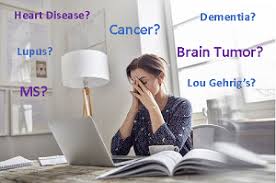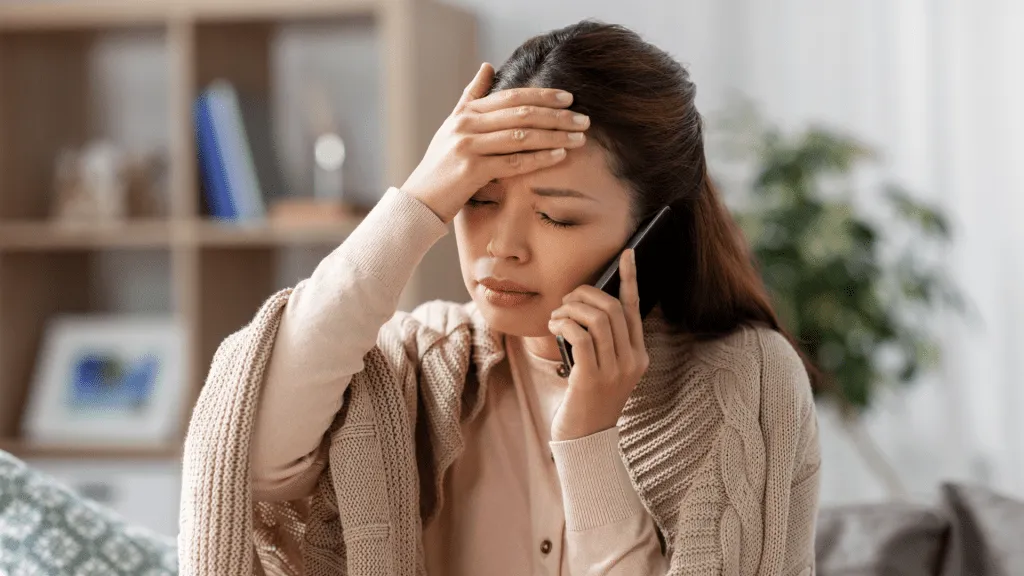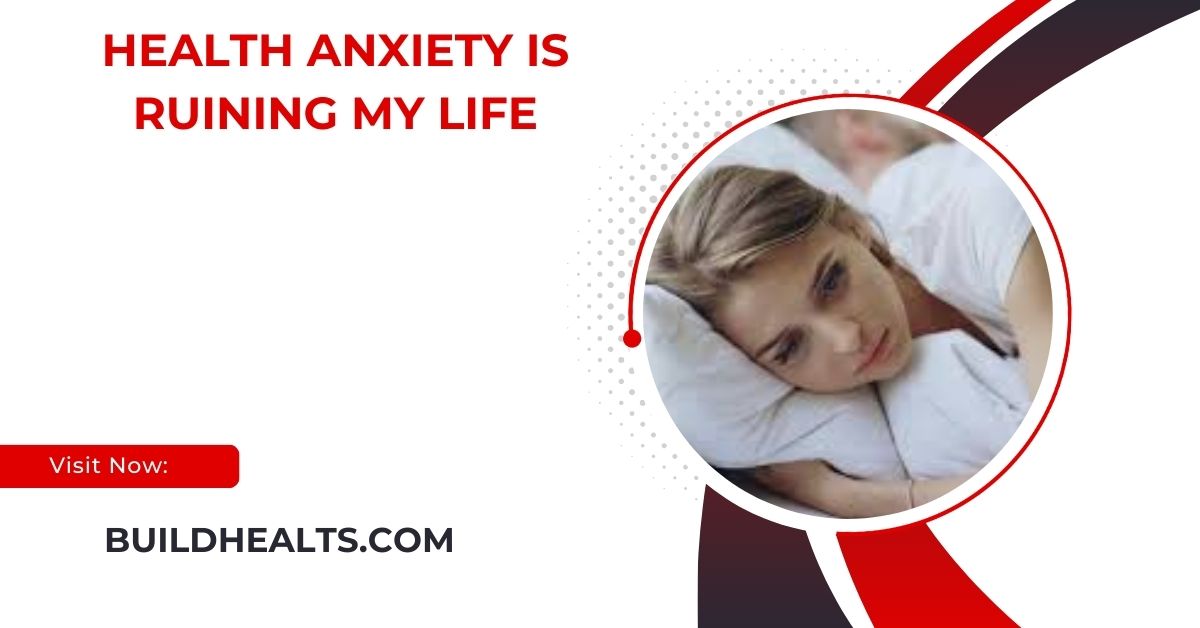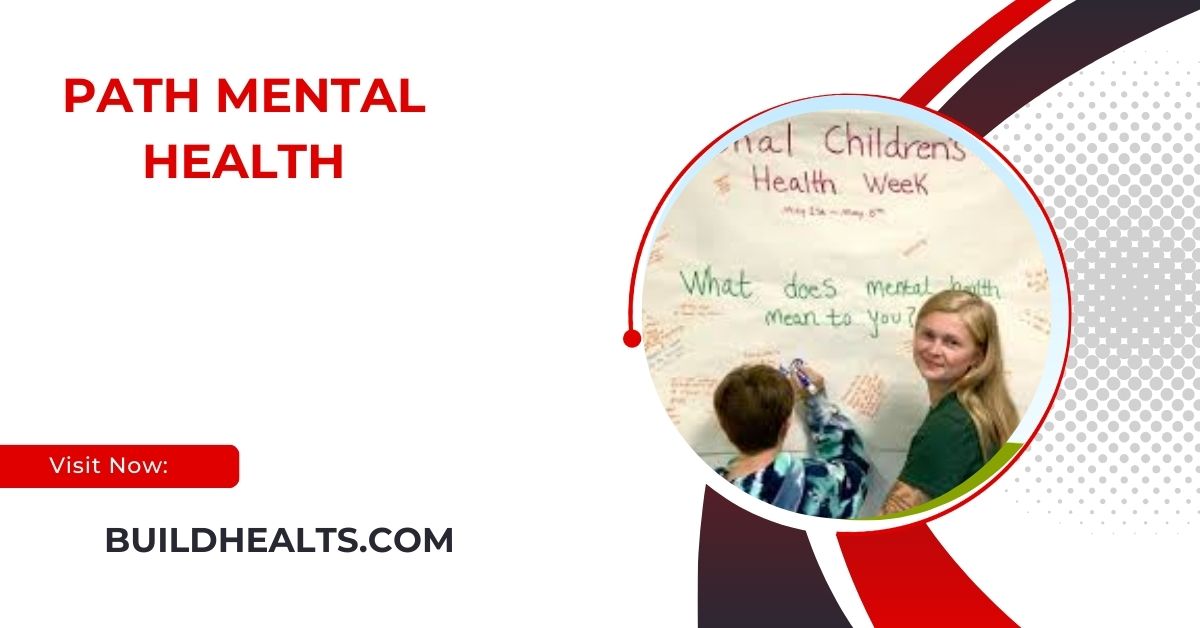Health anxiety is a strong fear of serious illness that causes emotional distress. Effective management includes seeking professional help and practicing mindfulness techniques.
This article will explore what health anxiety is, its symptoms, its causes, and ways to manage it effectively.
What Is Health Anxiety?
Health anxiety is characterized by an intense and persistent fear of having a serious illness. People experiencing this condition often believe they are sick, despite medical reassurance. This excessive fear can lead to frequent visits to doctors and constant monitoring of bodily symptoms, resulting in significant emotional distress that affects personal relationships and professional life negatively.
Understanding the Difference:

Health anxiety is distinct from normal health concerns. It’s common to worry about your health during flu season or if you have a family history of certain illnesses. However, health anxiety is excessive and interferes with daily life. This condition can lead to ongoing worry and distress, ultimately impacting one’s quality of life significantly.
Symptoms of Health Anxiety:
People with health anxiety may experience various symptoms. Here are some common ones:
Physical Symptoms:
- Frequent Body Checks: Constantly examining your body for signs of illness, such as lumps or changes in skin color.
- Feeling Tired: Feeling fatigued without any clear reason.
- Muscle Tension: Experiencing tight muscles or headaches.
- Increased Heart Rate: Feeling your heart racing or pounding, especially when thinking about health issues.
- Shortness of Breath: Feeling like you cannot catch your breath, often linked to panic attacks.
Emotional Symptoms:
- Constant Worry: Spending a lot of time thinking about potential illnesses.
- Fear of Death: Having an intense fear of dying from an unknown illness.
- Irritability: Feeling easily annoyed or frustrated due to anxiety.
- Difficulty Concentrating: Struggling to focus on tasks because of intrusive health thoughts.
- Avoidance Behavior: Avoiding places or situations that remind you of your health concerns.
Causes of Health Anxiety:
Understanding the causes of health anxiety is crucial for effective management. Various factors, including genetic predispositions, personal experiences with illness, and information overload, contribute to this condition. Recognizing these influences can empower individuals to develop coping strategies and seek the necessary support, ultimately helping them manage their health-related fears more effectively.
Genetic Factors:
Genetic factors can significantly influence the development of health anxiety. Individuals with a family history of anxiety disorders or health-related fears may have a higher likelihood of experiencing similar issues. Understanding this genetic link allows individuals to recognize their predisposition, encouraging them to seek support and resources for managing their anxiety in a constructive manner.
Also read: Is Banyan Health Non Profit – Understanding Its Mission And Impact!
Personal Experiences:
Personal experiences, particularly with serious illnesses, can trigger health anxiety. If someone has faced a significant health challenge or witnessed a loved one’s struggle, it can create a heightened sensitivity to health concerns. These traumatic experiences often lead to persistent worry about one’s health, making it essential for individuals to acknowledge these triggers and seek support.
Information Overload:
In today’s digital age, access to abundant health information can contribute to health anxiety. While some information is helpful, constant exposure to articles about symptoms and illnesses can increase fear and anxiety. This information overload can lead to excessive worry about one’s health, reinforcing anxiety and making it important to limit exposure to potentially distressing content.
How Health Anxiety Affects Life:
Health anxiety can profoundly impact daily life, affecting personal relationships, work performance, and overall mental health. Understanding these effects is essential for individuals to seek help, develop coping strategies, and improve their quality of life while managing health-related fears and anxieties effectively.
Personal Relationships:

Health anxiety can strain personal relationships, leading to misunderstandings and frustration among family and friends. Constantly discussing health concerns can become exhausting for loved ones, who may feel helpless. It’s important to communicate openly about feelings and seek support, as this helps maintain strong connections and ensures that loved ones understand the challenges associated with health anxiety.
Work and Education:
Health anxiety often disrupts work and educational performance, making it difficult for individuals to concentrate on tasks or attend regularly. Persistent worries can decrease productivity, potentially resulting in job loss or academic failure. Finding effective coping strategies is essential for maintaining success in these areas, allowing individuals to balance their responsibilities while managing health-related anxiety.
Mental Health:
Health anxiety frequently coexists with other mental health issues, such as depression and generalized anxiety disorder. The constant worry about health can lead to feelings of helplessness and despair, negatively impacting overall well-being. Addressing health anxiety is vital for improving mental health, and seeking professional help can provide individuals with the tools needed to manage their anxiety effectively.
Managing Health Anxiety:
If you feel that health anxiety is ruining your life, there are effective ways to manage it. Here are some strategies:
Seek Professional Help:
One of the best ways to manage health anxiety is by seeking professional help. A mental health professional can guide you in understanding your anxiety and teach you valuable coping strategies. They may use cognitive-behavioral therapy (CBT), which focuses on changing negative thought patterns and behaviors that contribute to your health anxiety.
Also read: Can I Buy Food With My Health Pays Rewards Card – Eligible Foods And Shopping Tips!
Practice Mindfulness and Relaxation Techniques:
Mindfulness and relaxation techniques can significantly reduce anxiety. Engaging in practices such as deep breathing, meditation, and yoga can help calm your mind. Daily practice of these techniques creates a sense of peace and balance in your life. Incorporating them into your routine can lower anxiety levels and improve your overall mental well-being.
- Deep Breathing: Focus on taking slow, deep breaths. Inhale for a count of four, hold for four, and exhale for four. This technique promotes relaxation and helps to ground you when anxious thoughts arise.
- Meditation: Spend a few minutes each day sitting quietly and focusing on your breath. Let thoughts pass without judgment, creating a safe space for relaxation and mindfulness. This practice can reduce anxiety and improve your mental clarity.
- Yoga: Engage in gentle yoga to relax your body and mind. Yoga promotes physical and mental well-being through stretching and mindfulness. This holistic practice helps reduce stress and enhances your ability to cope with anxiety.
Limit Information Intake:
Reducing the amount of health information you consume can help lower anxiety levels. Set clear boundaries on how much time you spend researching health issues online. Consider taking breaks from health-related websites and forums, as they can sometimes amplify your worries. This approach will allow you to focus on other aspects of life and reduce unnecessary stress.
Talk to Someone You Trust:
Sharing your thoughts and feelings with someone you trust can relieve anxiety. Friends or family members can provide support and understanding, offering a listening ear and valuable perspective. This support system can remind you that you are not alone in your struggles, which is essential for coping with health anxiety effectively. Open communication helps strengthen relationships.
Challenge Negative Thoughts:

Recognizing and challenging negative thoughts is essential for managing health anxiety. When you notice thoughts like “I must be seriously ill,” try to counter them with evidence and logic. Ask yourself if there is a real basis for these fears or if they stem from anxiety. This practice helps reshape your thought patterns and reduces the power of anxiety.
When to Seek Immediate Help:
If health anxiety significantly interferes with your daily life or leads to severe distress, it’s crucial to seek immediate help. Look for the following signs:
- Suicidal Thoughts: If you experience thoughts of self-harm or suicide, seek help right away. Contact a mental health professional or a crisis hotline.
- Severe Panic Attacks: If you experience panic attacks that are overwhelming and hard to manage, professional help is essential.
- Inability to Function: If your anxiety prevents you from performing daily tasks like going to work or school, seek support.
FAQ’s
1. What is health anxiety?
Health anxiety is a condition characterized by an intense fear of having a serious illness, often leading to constant worry and frequent medical visits.
2. What are common symptoms of health anxiety?
Common symptoms include frequent body checks, fatigue, muscle tension, increased heart rate, and emotional symptoms like constant worry and fear of death.
3. What causes health anxiety?
Causes can include genetic factors, personal experiences with illness, and information overload from excessive exposure to health-related content.
4. How does health anxiety affect daily life?
Health anxiety can strain personal relationships, disrupt work performance, and negatively impact overall mental health by causing ongoing worry and distress.
5. When Is the Right Time to Seek Help for Health Anxiety?
Seek help if health anxiety interferes significantly with daily life, causes severe distress, leads to panic attacks, or makes it difficult to function normally.
Conclusion
In conclusion, health anxiety can greatly disrupt daily life, impacting personal relationships, work performance, and overall mental health. Recognizing its causes and symptoms is essential for effective management. By seeking professional help, practicing mindfulness techniques, and limiting exposure to health-related information, individuals can significantly improve their well-being and regain control over their lives, enhancing their overall quality of life.




